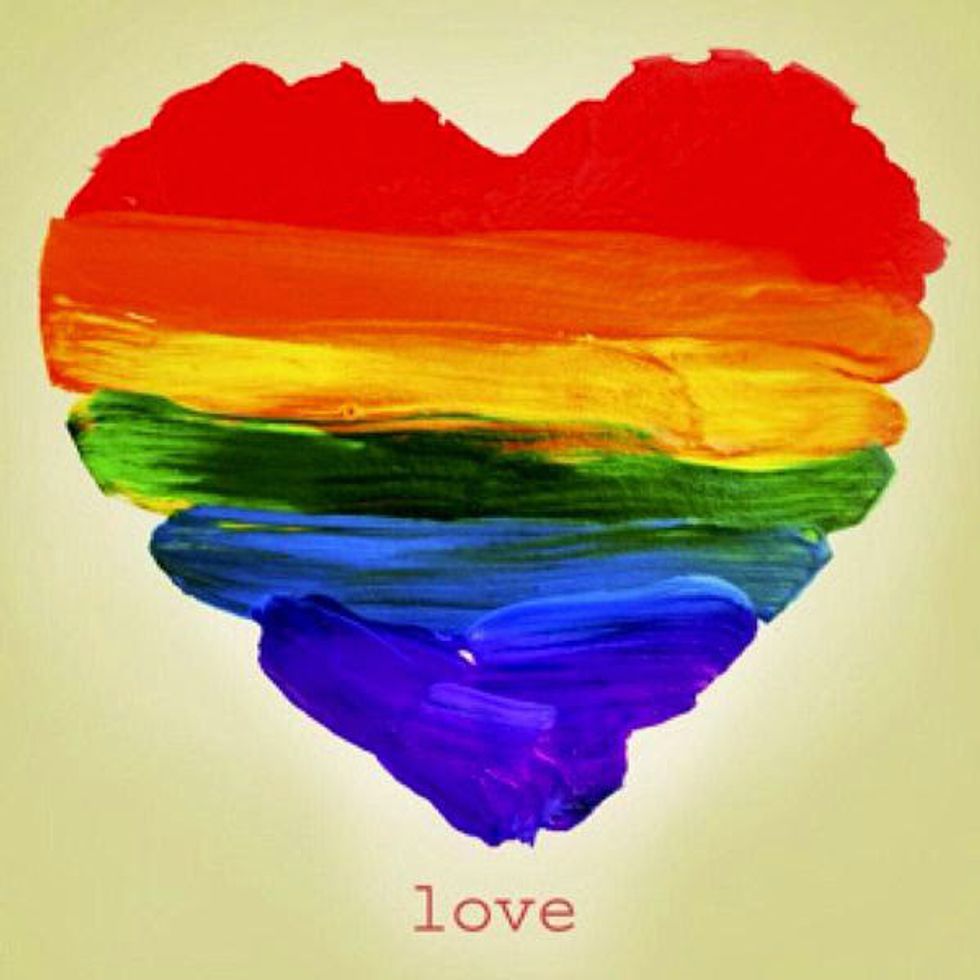It’s October, and that means that National Coming Out Day is coming up. The day, organized by the Human Rights Campaign has been observed for 28 years and seeks to give members of the LGBTQ+ community space in which to reveal or affirm their identity. It also aims at bringing awareness to the those outside the community, to tell them that LGBTQ+ people exist and they likely know someone who identifies that way.
First and foremost, the day is about the LGBTQ+ community. Allies can and should show their support for their family and friends who “come out” or who affirm their identity. However, this is not a time for allies to “come out” as allies of the community. While ally support is welcome, showing it in this manner draws attention away from the actual individuals the day is centered around. Allies should concentrate instead on lifting up members of the community, not themselves.
For many, coming out is a terrifying experience, especially the first time. Most are unsure how their family and friends will react. Afterwards, some may find the experience liberating, finally getting to be their whole, true self around people they care about. But that isn’t always the case. While some find validation in coming out, other may meet with resistance.
Then there are complications with the notion of “coming out” as though the act is a one-time event. Some people may be out to friends and not out to family, or out to only certain members of their family. Coming out is a process, one that never truly ends, as each new individual an LGBTQ+ person meets, each time they must weigh the benefits and risks of telling their identity to that person. It’s a cyclical process that can often be tiring, which may lead some members of the community to just give up entirely.
So yes, while many are celebrating their identity and the ability to be true to themselves around the people in their lives, it’s important to remember that not everyone is in a scenario in which they can safely “come out.” Some live in households that would toss them out on the street if they were open about their identity, which may be why LGBTQ+ people make up 40% of homeless youth. Some may live in worse situations, where their lives may be in physical danger. Some may not wish to come out for other reasons, such as judgment at school or in a religious institution, or as I mentioned earlier, some are just tired of the process. There are often as many reasons to come out of the closet as there are to stay in it.
I would like to take a moment to address those who are unable to come out on October 11th, for whatever reason. Your identity is still valid. Your worries and fears are justified. They are not excuses. You don’t owe yourself to anyone. You are strong. You are beautiful. You are worthy of love.
For those looking for resources, either to explore your identity or figure out how to come out/if you want to come out, The Human Rights Campaign website has tons of information.























